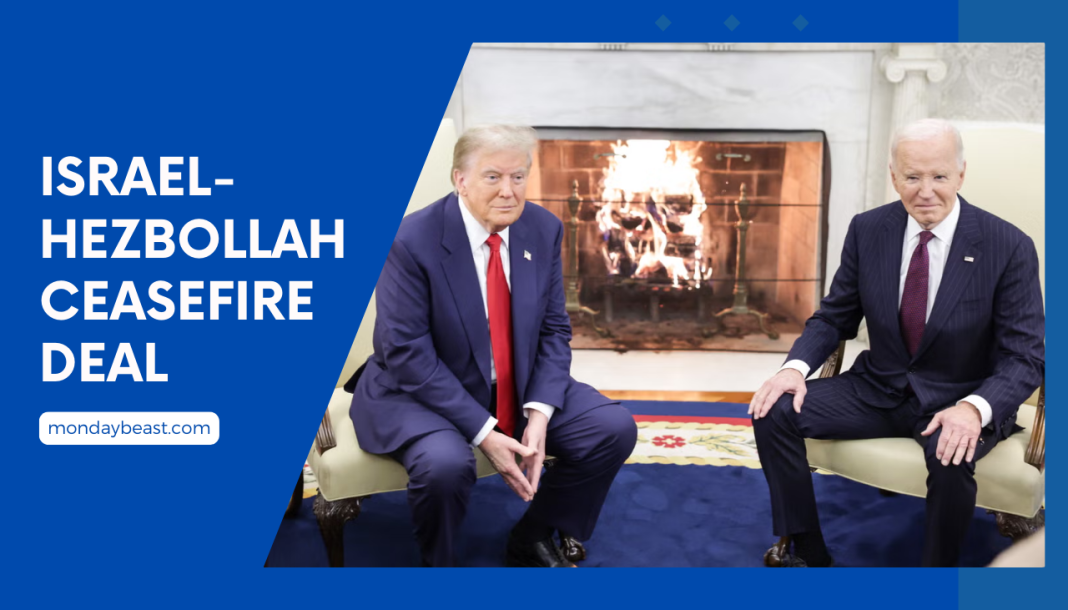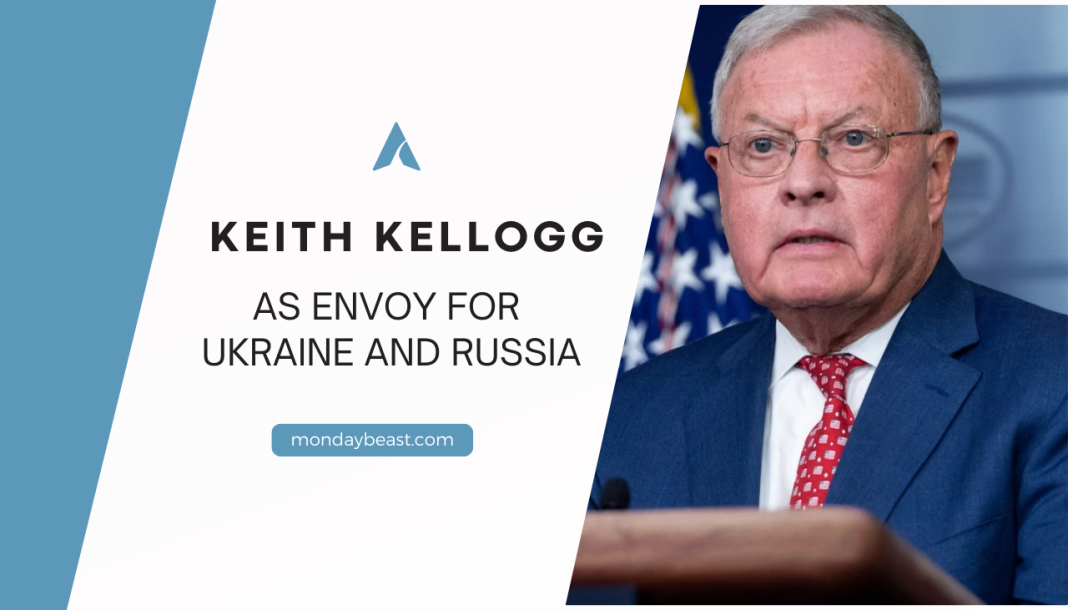The recent ceasefire between Israel and Hezbollah sparked a lot of speculation. The Biden administration brokered the deal, but Trump’s team quickly took credit. This has become a complex moment in American foreign policy.
Can we really draw clear lines of credit between administrations? Rep. Mike Waltz, a close Trump ally, insists that the former president’s influence looms large over these negotiations. “Everyone is coming to the table because of President Trump,” he stated, embodying a perspective that many in Trump’s camp share.
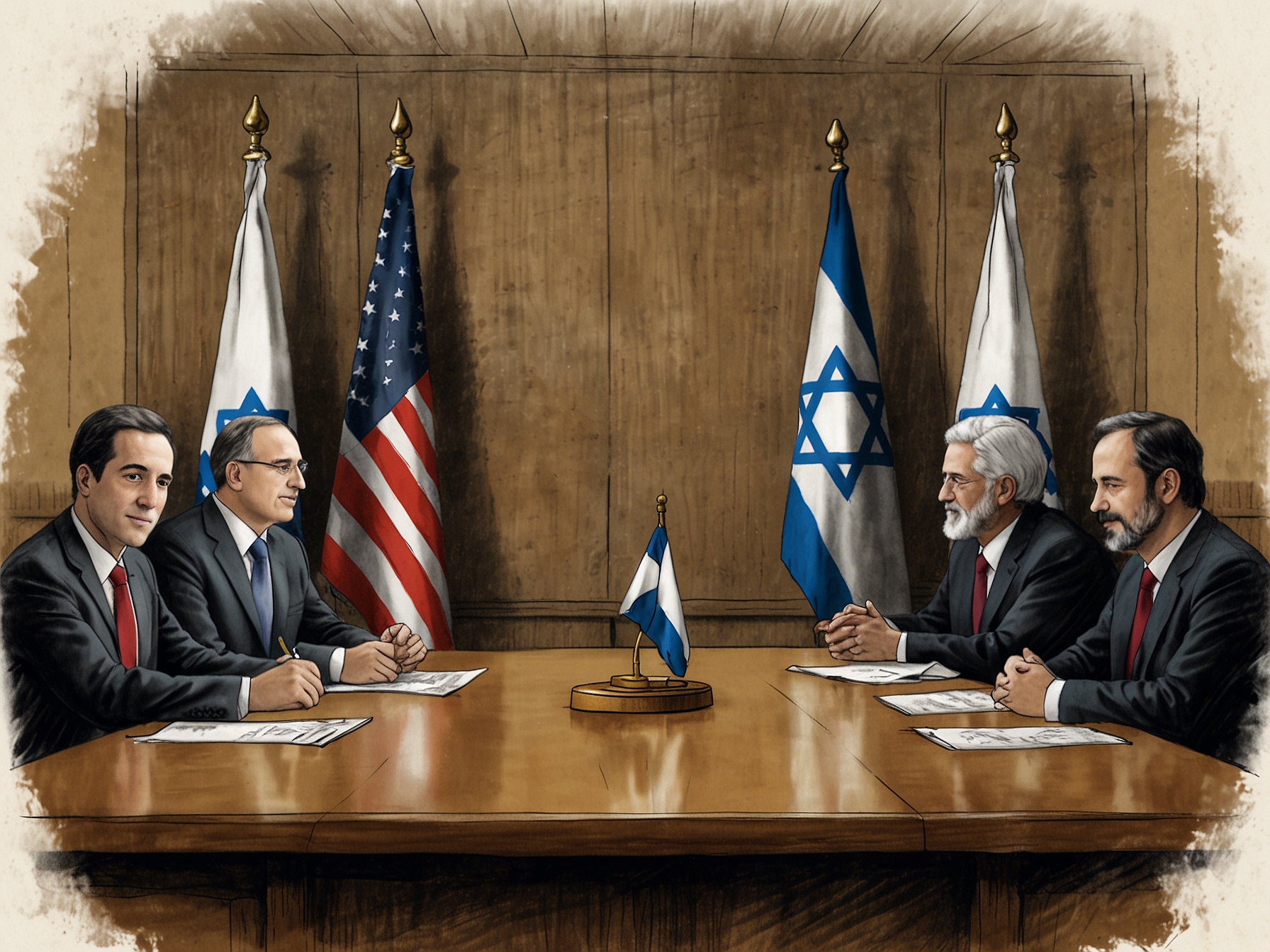
On the other hand, Jake Sullivan, national security adviser under Biden, offers a sharp rebuttal. “I would just point out that you know you’ve done a really good thing when other people take credit for it,” he explained, emphasizing something crucial: the negotiations were long-standing.
The divide points not just to differing political allegiances but to deep-seated beliefs about leadership and diplomacy. How much can one leader truly influence such a tangled web? The ongoing conflict is shaped by decades of mistrust and enmity.
Biden expressed cautious optimism. He framed the ceasefire as a stepping stone toward a broader peace. “This is designed to be a permanent cessation of hostilities,” he declared. Yet, beneath that statement lies a significant challenge.
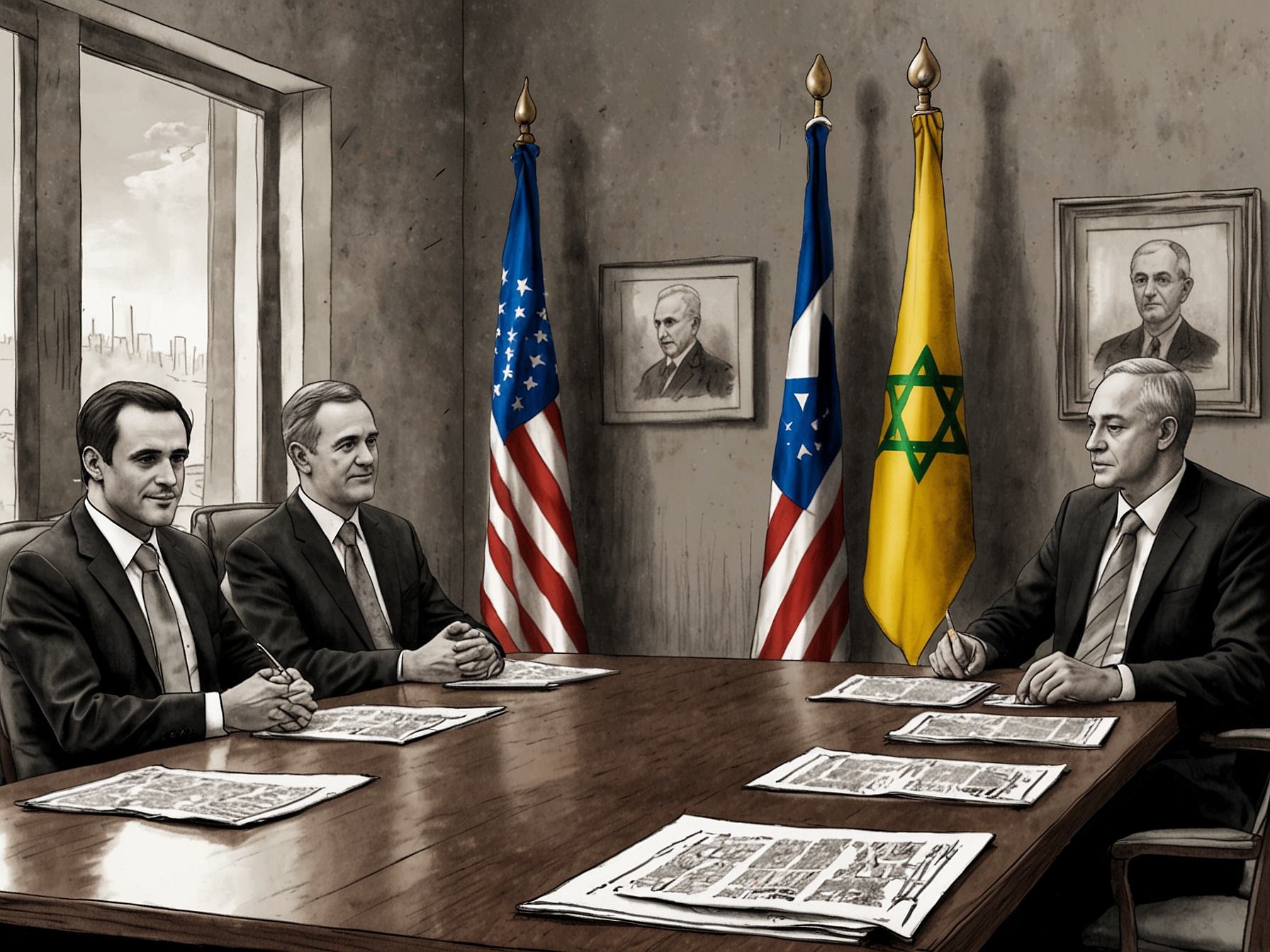
The war in Gaza, ongoing since Hamas’ attack on Israel in October 2023, complicates the landscape. Biden’s administration hopes this calm will open doors to discussions involving Egypt, Qatar, and Turkey. But will it work?
Skeptics remain. Critics wonder if this ceasefire is anything more than a temporary fix. After all, the temporary truce follows months of bloodshed. Many question the prospects of true progress in a region so historically fraught with conflict.
Looking to the future, we find Iran lurking in the backdrop. The incoming Trump administration is an uncertainty that reshapes decisions in Tehran. Richard Goldberg, a former National Security Council official, asserts, “There’s zero doubt that Iran is pulling back to regroup ahead of Trump coming into office.”
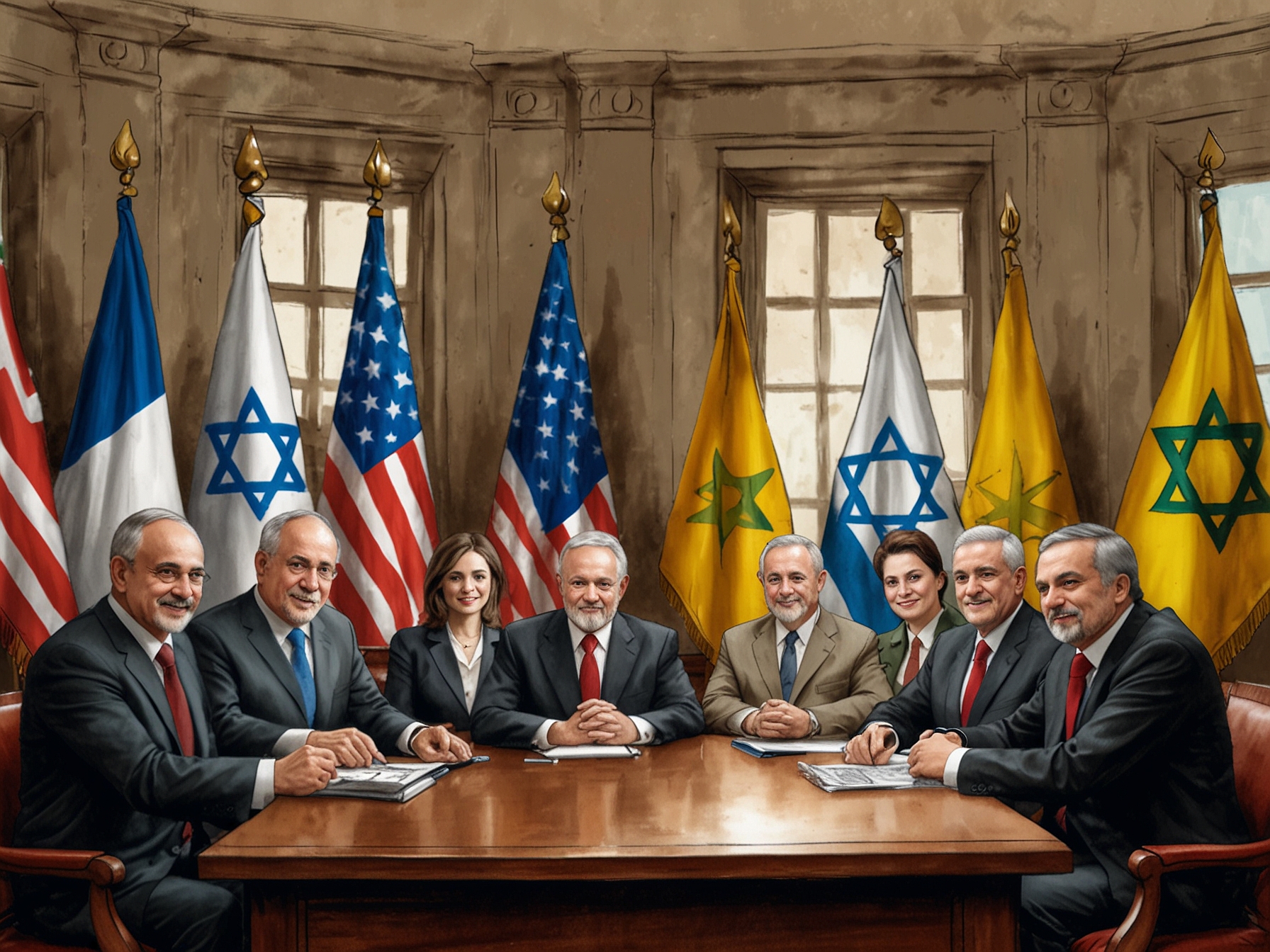
Do the dynamics of international geopolitics hinge more on personalities than on policies? If so, what does that mean for future peace initiatives? It raises lingering questions about how foreign relations are navigated.
Turning our eyes back to the Biden administration, officials are hopeful. They believe this ceasefire could reinvigorate talks for long-sought normalization between Israel and Saudi Arabia. Biden had alluded to a historic opportunity in the past. Is this a time for possibilities?
Bipartisan acknowledgments of success are rare but noteworthy. GOP Senators, like Lindsey Graham, recognized the efforts of both administrations. Such collaborations, though strained, are essential during tumultuous times.
Ultimately, the narrative of credit and blame unfolds against a backdrop of human lives affected by these decisions. For every political maneuver, there are families enduring fear and uncertainty.
In this context, will the ceasefire be a stepping stone or just another pause in the ebb and flow of conflict? Each moment counts, and yet, the stakes have never been higher in a region so familiar with heartache.
As we track these developments, we must ask ourselves: Can leadership truly shift outcomes? Or are we merely observing the effects of patterns established long ago? In this multifaceted discussion, hope battles skepticism. Only time will tell which side comes out on top.

